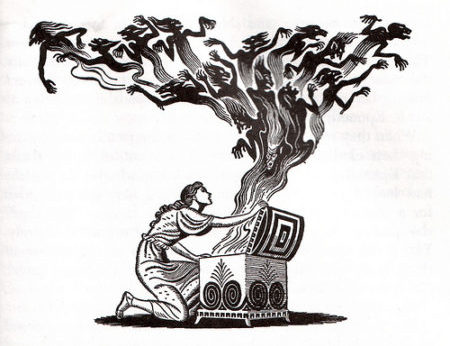The killing of Iranian General Qasem Soleimani and President Trump’s statement after Iran’s retaliatory missile strike unlocked a Pandora’s box of issues for both the the United States and the world. All of them had to be dealt with at some point, but it would have been better to have done so through a measured and deliberate diplomatic process where the consequences could be managed over a longer period of time. The choices America must now quickly confront are many, but break down into four categories:
The extent to which American presidents should have the power to commit American military resources against terrorist groups and other nation-states.
The wisdom and future of America’s involvement in the Middle East.
The future of European relations with America and the rest of the world.
The implications for the balance of power in Asia and the structure of international relations throughout the world.
The American nationalist and realist solution would be to end our involvement in the Middle East quagmire, reject the uni-polar dream of imposing a worldwide liberal hegemony and start to transition to a foreign policy that accepts the multi-polar world of diverse world powers and the dynamic shifting alliances that will be necessary to protect American interests in such a world. This is truly the new world order.
If American democracy is to succeed in this international system, we must begin building the domestic and international framework necessary to achieve the support of the American public for the policies required to win in this new order. Americans deserve to hear the 2020 presidential candidates take positions on each of the above issues to insure that the ultimate decisions are primarily driven by the American people and not a distant elite or, worse, by the decisions of hostile nations. This summary will begin a series of posts that will identify some of the hydra-headed choices facing us in each of these four categories.


